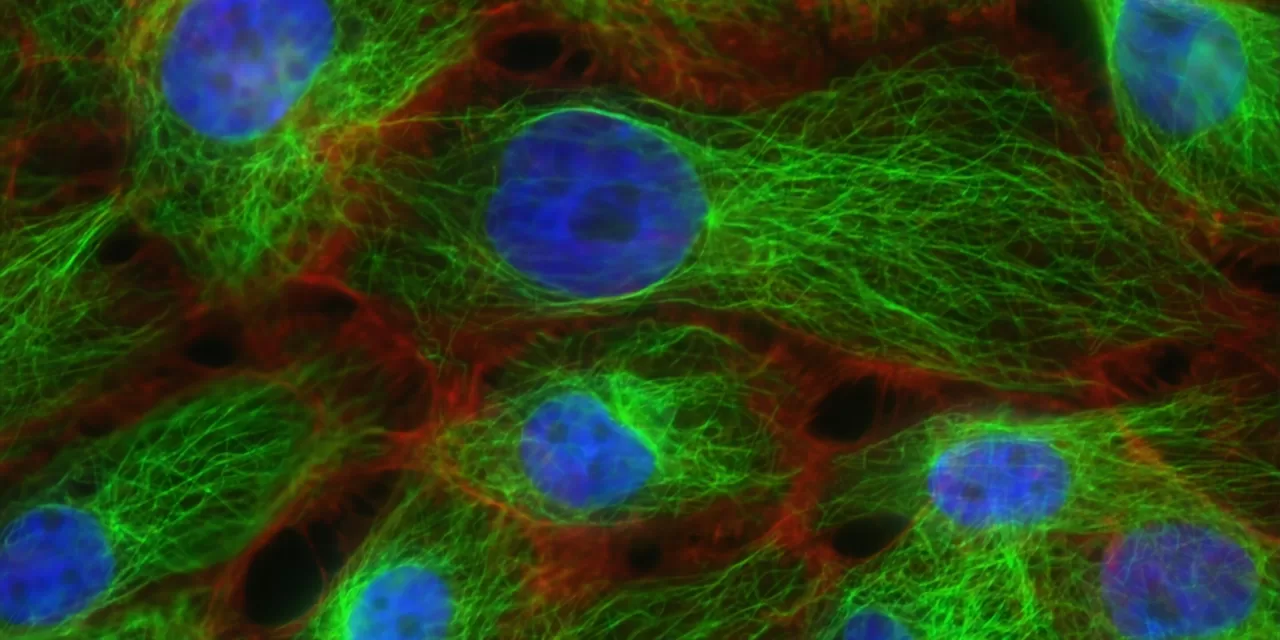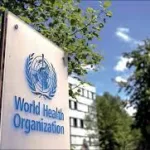A groundbreaking study has uncovered that inherited mutations in the BRCA1 and BRCA2 genes, commonly associated with breast and ovarian cancers, may also increase the risk of developing multiple myeloma, a rare form of blood cancer affecting plasma cells. The findings, published in Blood Cancer Discovery, highlight the importance of genetic testing in identifying high-risk patients and optimizing treatment strategies.
Led by Dr. Kenan Onel, MD, Ph.D., Chief of Clinical Genomics at Roswell Park Comprehensive Cancer Center, the study is the first to definitively link multiple myeloma risk with inherited changes in the BRCA genes. BRCA1 and BRCA2 genes are known for their role in repairing DNA and preventing tumor formation. Mutations in these genes allow cells to grow uncontrollably, leading to an elevated risk of various cancers, including breast, ovarian, prostate, and pancreatic cancers. This new research adds multiple myeloma to the list of cancers associated with BRCA gene mutations.
The study analyzed data from the CoMMpass Study of the Multiple Myeloma Research Foundation (MMRF) and additional data from the Tisch Cancer Institute at Mount Sinai, New York City. In total, 1,681 patients were studied, with results showing that multiple myeloma patients were more likely than healthy individuals to carry pathogenic germline variants (PGVs) in BRCA1 and BRCA2 genes.
Younger Diagnosis and Familial Cancer Links
Although multiple myeloma predominantly affects older adults, with 95% of cases occurring in individuals over 50, the study found that patients with BRCA gene mutations were more likely to be diagnosed at a younger age. Additionally, these patients often had a personal or family history of cancer, suggesting a strong genetic predisposition.
The study’s findings also indicate that patients with BRCA mutations may benefit from specific treatment options, such as chemotherapy with melphalan (Alkeran) and autologous stem cell transplants. These treatments are known to be the only curative options for multiple myeloma, and the presence of BRCA mutations may influence treatment success.
Implications for Genetic Testing
Dr. Onel emphasized the growing importance of genetic testing in cancer treatment. “Increasingly, we’re seeing that cancer predisposition matters when it comes to cancer treatment,” he said. He advocated for genetic testing in young or newly diagnosed multiple myeloma patients, especially those with a personal or family history of cancer. Such testing can guide treatment decisions and help assess the cancer risk in family members.
Dr. Brian Walker, Ph.D., of Indiana University School of Medicine, further reinforced the significance of these findings in an accompanying commentary in Blood Cancer Discovery. He stressed the pivotal role of genetics in both diagnosing and treating cancers like multiple myeloma.
Study Collaboration and Future Directions
This comprehensive study was made possible through collaboration between multiple research institutions, including the Icahn School of Medicine at Mount Sinai. Dr. Santiago Thibaud, MD, was the first author, and Dr. Samir Parekh, MD, served as co-senior author. Their work underscores the importance of genetics in cancer research and opens new avenues for personalized treatment approaches in multiple myeloma.
The study’s insights into the genetic underpinnings of multiple myeloma mark a significant step forward in understanding the disease, with potential to enhance treatment outcomes and improve long-term survival rates for affected patients.
Reference:
Santiago Thibaud et al, Multiple Myeloma Risk and Outcomes are Associated with Pathogenic Germline Variants in DNA Repair Genes, Blood Cancer Discovery (2024). DOI: 10.1158/2643-3230.BCD-23-0208.











